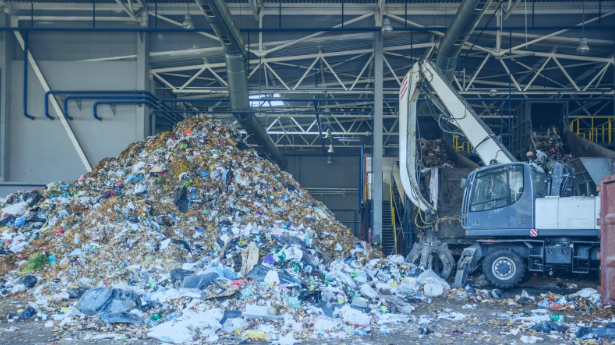
Organic waste management is vital to industrial sustainability, addressing the challenges posed by biodegradable materials such as food waste and garden debris. With increasing awareness of environmental issues, industries are seeking effective solutions to minimise their ecological footprint. OGTEC stands at the forefront of this movement, offering comprehensive industrial waste management solutions that alleviate the burden of waste disposal and create valuable resources from organic materials.
The Challenge of Organic Waste
Organic waste presents significant environmental and economic challenges for industries worldwide. Improper management can increase landfill reliance, contributing to greenhouse gas emissions and environmental degradation. By implementing advanced organic recycling systems, industrial facilities can significantly reduce their environmental impact while fostering sustainable practices that promote the efficient use of resources.
OGTEC's Innovative Solutions
OGTEC's organic recycling solutions encompass cutting-edge technologies such as composting and anaerobic digestion. These systems are specifically designed to handle diverse organic materials, ensuring effective waste management tailored to the unique needs of industrial operations. By converting organic waste into valuable compost or biogas, OGTEC contributes to creating a circular economy where waste is viewed as a resource rather than a burden.
Composting: A Sustainable Approach
Composting plays a pivotal role in organic waste management, efficiently processing food and garden waste. OGTEC's composting systems are engineered to transform organic materials into nutrient-rich compost, which serves as an invaluable resource for soil enrichment and landscaping. By diverting organic waste from landfills and utilising it as a natural soil amendment, industrial facilities actively participate in environmental conservation and resource optimisation.
Benefits of Composting
Nutrient-Rich Soil Amendment: The compost produced through OGTEC’s systems enhances soil fertility and structure, promoting healthy plant growth.
Reduced Landfill Dependency: Composting significantly decreases the volume of organic waste sent to landfills, alleviating space constraints and associated costs.
Carbon Sequestration: The application of compost improves carbon storage in soils, contributing to climate change mitigation efforts.
Anaerobic Digestion: Harnessing Renewable Energy
In addition to composting, OGTEC's anaerobic digestion systems offer a groundbreaking approach to organic waste recycling. These state-of-the-art systems facilitate the anaerobic breakdown of organic matter, yielding biogas as a renewable energy source and digestate as a nutrient-rich fertiliser. By capturing biogas for energy generation and utilising digestate for agricultural purposes, industrial facilities achieve remarkable sustainability gains while reducing greenhouse gas emissions.
Advantages of Anaerobic Digestion
Renewable Energy Generation: The biogas produced can be used to generate electricity or heat, reducing reliance on fossil fuels and promoting energy independence.
Nutrient Recovery: The digestate contains essential nutrients, making it an effective fertiliser that can replace chemical alternatives.
Lower Emissions: Anaerobic digestion significantly reduces methane emissions, a potent greenhouse gas, by preventing organic waste decomposition in landfills.
Aligning with Sustainability Objectives
Implementing OGTEC’s organic recycling solutions aligns with broader sustainability objectives, emphasising the reduction of carbon footprints and the promotion of renewable energy utilisation. By integrating composting and anaerobic digestion technologies into waste management practices, industrial enterprises can showcase their commitment to sustainable operations while contributing to the global transition toward a circular and regenerative economy.
Economic Benefits of Organic Recycling
Beyond environmental advantages, OGTEC’s organic recycling solutions present tangible economic benefits for industrial facilities. Generating quality compost and biogas opens up opportunities for cost savings, resource recovery, and even revenue generation through the sale or internal utilisation of these valuable by-products. By optimising resource utilisation, businesses can enhance operational efficiency and financial resilience while upholding environmental stewardship principles.
Examples of Economic Gains
Cost Savings: Reducing waste disposal fees and lowering the cost of chemical fertilisers by using compost and digestate.
Revenue Streams: Selling surplus compost or biogas, providing additional income sources for businesses.
Operational Efficiency: Streamlining waste management processes improves productivity and reduces labour costs.
As industries worldwide strive for sustainability, organic recycling waste becomes essential to their operational strategy. OGTEC empowers industrial enterprises to embark on a transformative journey toward a more sustainable and prosperous future.
Conclusion
OGTEC's organic recycling solutions significantly advance industrial waste management practices, promoting sustainable, resource-efficient, and economically viable models. By embracing these innovative systems, industrial facilities can substantially reduce their environmental impact, optimise resource utilisation, and take a proactive leadership role in fostering a circular and regenerative industrial ecosystem.
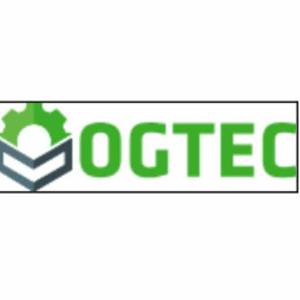

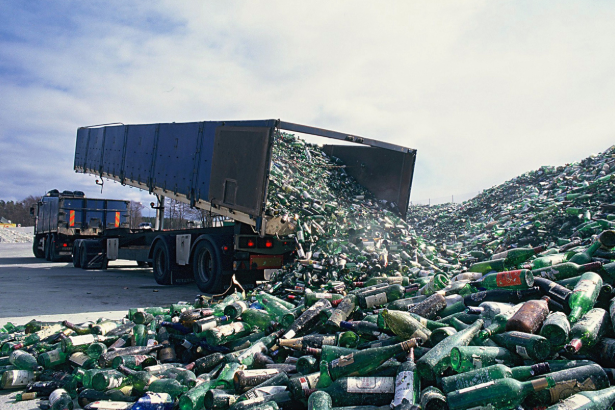
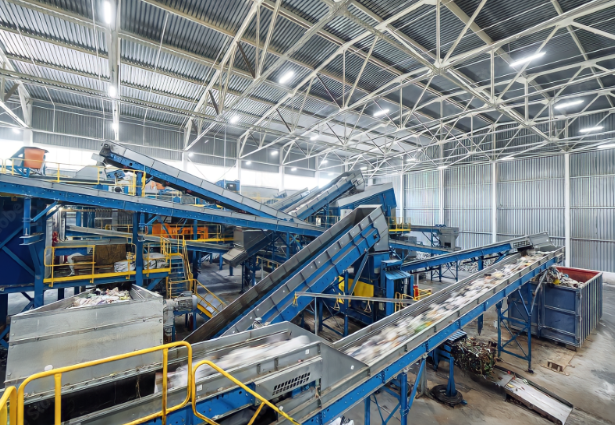
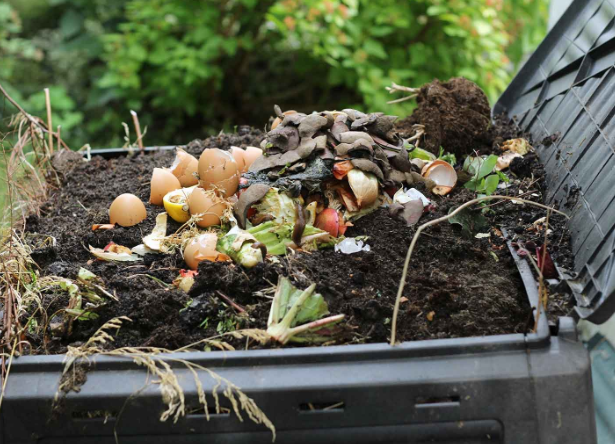
Write a comment ...